I love Nigeria with all my heart.
This love affair is rooted in my relationship with the country since I set out meandering through the mazy world of sports. It has been an incredible journey through some of the best and the worst periods in the history of the country.
Given the depth of my personal experiences, I can only truly see the state of the country through the narrow lens of sports. That is my reality. So, even as I express opinions on Nigeria today they are sincere.
These past two weeks have been harrowing, to say the least. It has been a nightmare sitting and watching Nigeria at the Olympics games put up probably the poorest kind of advertisement for the country. The tragedy is not that the athletes performed poorly. They actually did their best under the circumstances they found themselves. The real tragedy is that Nigeria could have been absent from the games and the world would not have known the difference!
Only the national Under-23 football team shone briefly and then was extinguished by their inability to rise above the shoddy circumstances they found around them.
Nigerians all know that the biggest take away from Rio 2016 is a lesson on how not to prepare for an Olympics.
Preparing for the Olympics is an 8-year marathon of hard-work, focus and shared responsibilities between all those with a part to play in discovering, nurturing, funding, training and preparing the athletes to compete at their very best.
Whatever happened to the Nigeria of my dreams? How did the country get to this sorry state of affairs? What happened to the country somewhere along the course of its journey? At what point did the country derail? Whatever happened to that country that emerged from a brutal civil war in 1970 with a war chest of resources, useful lessons, and a resourceful people determined to set aside their sad story and race to become a global superpower in virtually all fields of human endeavour including sports?
I grew up as a part of that post-war Nigeria, a country that fed its citizens with a menu of hope and drinks from the brook of greatness. I believed enthusiastically that Nigeria was on course to becoming a great nation and a global sporting superpower. I wanted to be a part of that future.
These past two weeks, as I sat and watched lesser countries celebrating their achievements in Rio 2016, for the first time in my life I started to feel the faint pangs of regret seeping through my veins, a slow asphyxiation of the fire of hope kindled in me when I set out on my life’s journey as a young boy from Jos in 1970 with the vision of academic scholarship and the gift of football in my feet.
I became a living witness to the experiences of that period to date.
Nigeria’s present fall from the high pedestal of hope to the depths of the despair I also feel is evidenced in the overall pedestrian display by Nigerian athletes these past two weeks.
I am so reluctant to join in the chorus of lamentation and condemnation, so I won’t. I choose instead to reminisce as a possible catalyst to rekindle some hope in the present and future generations of Nigerians. Let me tell them a little about a glorious past and encourage them to believe they could still find their way to being great again.
Permit me a brief excursion into my experience. I left Jos in December of 1970 after completing my secondary school education. I went to Ibadan to continue with a life of scholarship. The last thing on my mind was to be a professional athlete.
Sports were extra-curricular activities in school and engaging pastime with interest, ability and passion. I gravitated to sports only because I loved the outdoors, had a passion for football and was gifted in it. I had no vision for a future in it.
Within my first year in Ibadan, I joined a football club. In my second year, I started to win local trophies. In my third year I was declared the best player in the Ibadan Amateur Divisional Football Association league, represented Western State at the 1st National Sports Festival, and in December of 1973 was invited to the national football team, the Green Eagles. That was the turning point.
I graduated in 1976, served in the National Youth Service Corp scheme whilst going for my first Olympic games, gladly joined in the African boycott of the games, won Nigeria’s first continental trophy with Shooting Stars, bought my first car and embarked on a new life in a country that promised athletes paradise!
It was a glorious era of unprecedented development. The Jamaica that has become the foremost sprinting nation on earth today took its template from Nigeria under Mr Isaac Akioye, Dr Dibia, and Dr Awoture Elayae.
I was a recipient of that sports development architecture anchored to scholarship and sports in combination in the schools’ system all over the country.
The higher institutions were the primary local training centres for elite athletes with programmes that gave preferential treatment to exceptional student-athletes.
Facilities were available in relative abundance and put to use. The National Stadium in Lagos was the social and sports hub of Lagos. Liberty stadium’s lush green pitch was comparable to any one of the best grounds in the entire world today! The Green Eagles camped and trained in the excellent facilities of the University of Ife! Ahmadu Bello University, Zaria, had some of the best basketball facilities in Africa.
Scholarships were freely available to all qualified elite athletes by the National Sports Commission to pursue a life of academics and athletics that the collegiate systems abroad (mostly in the US) provided. That was how Musa Dogonyaro ended up in Russia, and scores of Nigerian track and field athletes, basketball players and footballers through the years went and trained in American universities funded by the Federal Government of Nigeria.
That general formula for sports development was simple. Schools and parents funded mass participation (grassroots) at primary and secondary schools levels.
The States organised and funded competitions to discover the best at that level and funded the training of those chosen to represent the state at national competitions.
The National Sports Commission organised national competitions to discover the elite athletes that would represent the country at the major international events like the All Africa Games, the Olympic games and even the World Cup.
The national federations (independent private organisations) organised and sought funding for their own internal and external competitions and registered Nigerian teams and clubs for international competitions that the clubs and the government, as the case may be, had to fund themselves.
The National Sports Commission provided facilities, funding and personnel for its own programmes in training the elite athletes based in Nigeria.
The commission hired coaches from abroad – Cubans for boxers and athletics, Bulgarians for wrestling and weightlifting, Chinese for table tennis, and Americans for basketball, track and field and boxing. Football had foreign coaches from West Germany, Yugoslavia and later, Brazil!
There was a Ministry of Youth and Sports living side by side the NSC that had nothing directly to do with the athletes. There was a board for the National Sports Commission with membership drawn mostly from the private sector supervising the commission headed by the Director of Sports, a fully qualified sports technocrat.
And finally, there was the National Institute for Sports, a laboratory for the study of the science and art of sports, with the elite athletes camped in the facility as guinea pigs!
The entire arrangement was simple and well thought out with roles and clearly defined responsibilities.
There was a clear road map for athletes’ development. Nigeria started a production line of gifted athletes across the spectrum of sports.
Unfortunately, the seeds of decline were planted in 1991 when politics reared its head into Nigerian sports. That story will be fully told at the appropriate time.
Things have never been the same since then. Until that ghost is exhumed from the present scheme of things Nigeria may never find its way out of the labyrinth.
Without question the bane and the solution to Nigeria’s sports challenge lie in the right leadership, a captain that is familiar with the treacherous terrain and that can steer the ship through cataracts and the storms of ignorance and limited understanding.
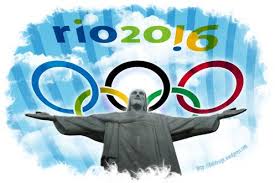
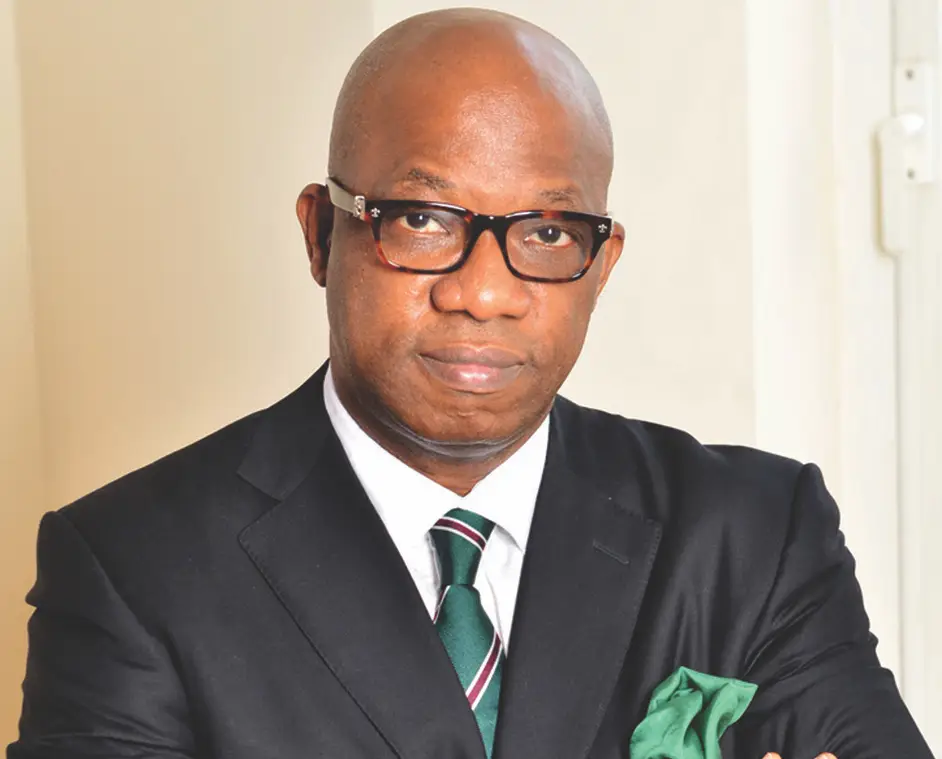
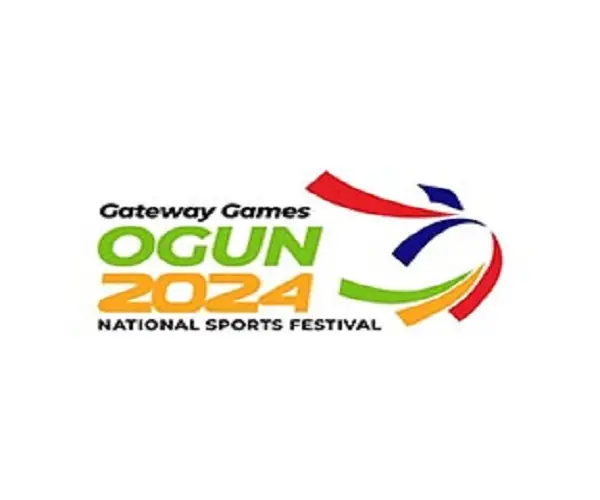
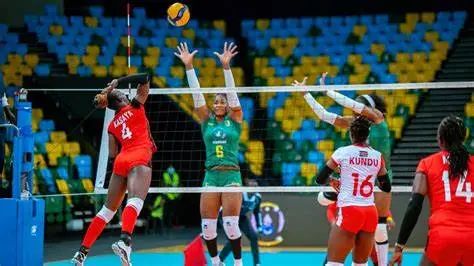

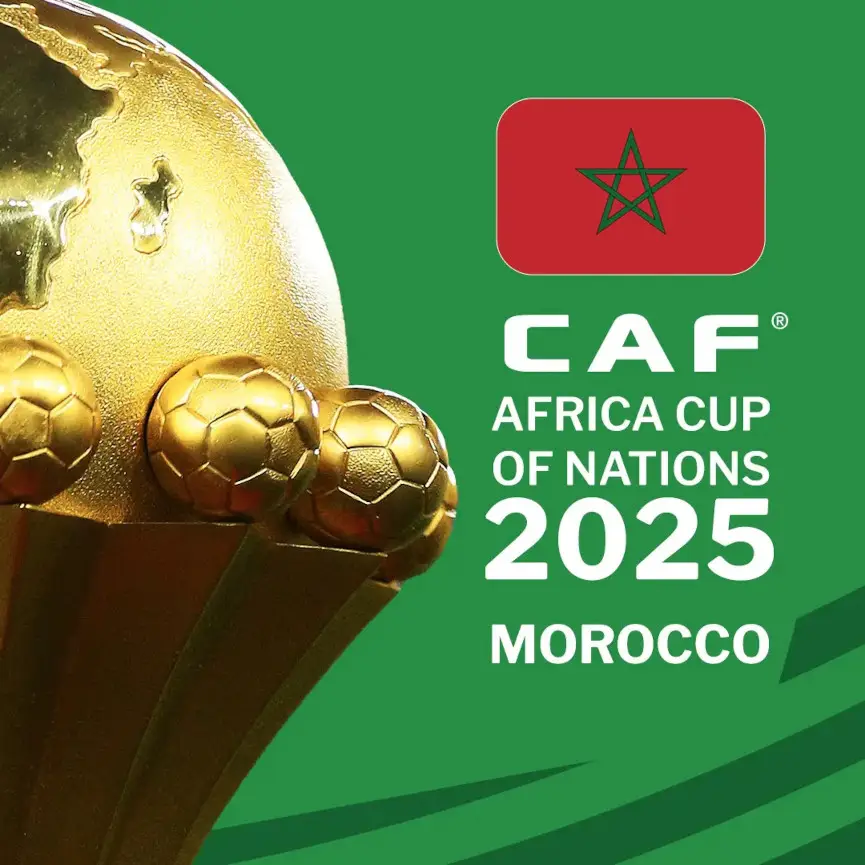



Vintage Odegbami. Who better to lead the crusade if not this writer.